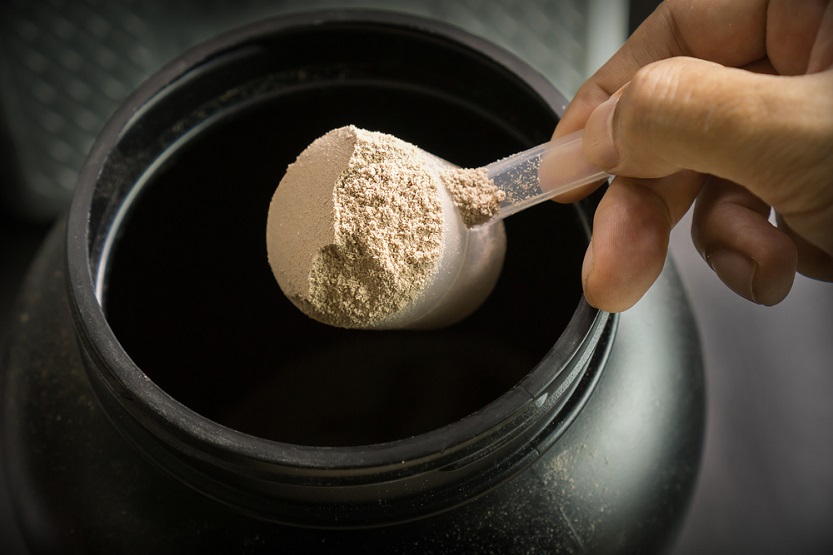Treating Your Pet’s Arthritis
While you may think that arthritis is a condition unique to humans, our furry friends struggle with joint wear and tear just like we do. Unfortunately, they are not able to tell us about their discomfort, so it is up to pet owners to determine whether their pets may be in pain. There are many indications that your dog, cat, or other pet may be suffering from arthritis, including the following:
- Occasional lameness
- Tender joints
- Swollen joints
- Stiffness
- Avoiding getting up or moving around
Fortunately, glucosamine supplements can often be used to treat arthritis caused by normal aging. As pets get older, their ability to produce Glucosamine diminishes often resulting in damage to the cartilage that allows joints to function normally. Glucosamine is a naturally occurring compound that encourages the growth of new cartilage in joints. It has been used for decades and is generally well-tolerated with very few side effects. In fact, if you are suffering from arthritis, you should speak to your doctor about glucosamine treatment as it can be used to help humans too!
How a Compounding Pharmacy Can Help
If you own a dog or cat that does not like taking pills, you understand how hard it can be to make sure that your pet takes his or her required medication. Pets can eat around a pill with remarkable accuracy, and many animals need to be restrained in order to get them to swallow their medication. If only there was a way to get glucosamine into a pet-friendly form that your dog or cat will love to eat…
Fortunately, there is! A compounding pharmacy can take glucosamine and compound it into a variety of different forms that will do away with the daily struggle of trying to get your pet to swallow a pill or a tablet. Some of the pet-friendly forms of glucosamine we offer include liquids, treats, biscuits, powders, and gels. Keep in mind that our compounding services are not limited to glucosamine supplements – we can help with virtually any medication or supplement that you need to give to your pet.
Call 856-323-8723 or stop by today for more information.
If your pet is displaying signs of arthritis, you should explore treatment with glucosamine. At Kress Specialty Apothecary, we can compound glucosamine into a variety of forms that your pet will love to take. To learn more, call us today at 856-323-8723 or send us an email through our online contact form.



